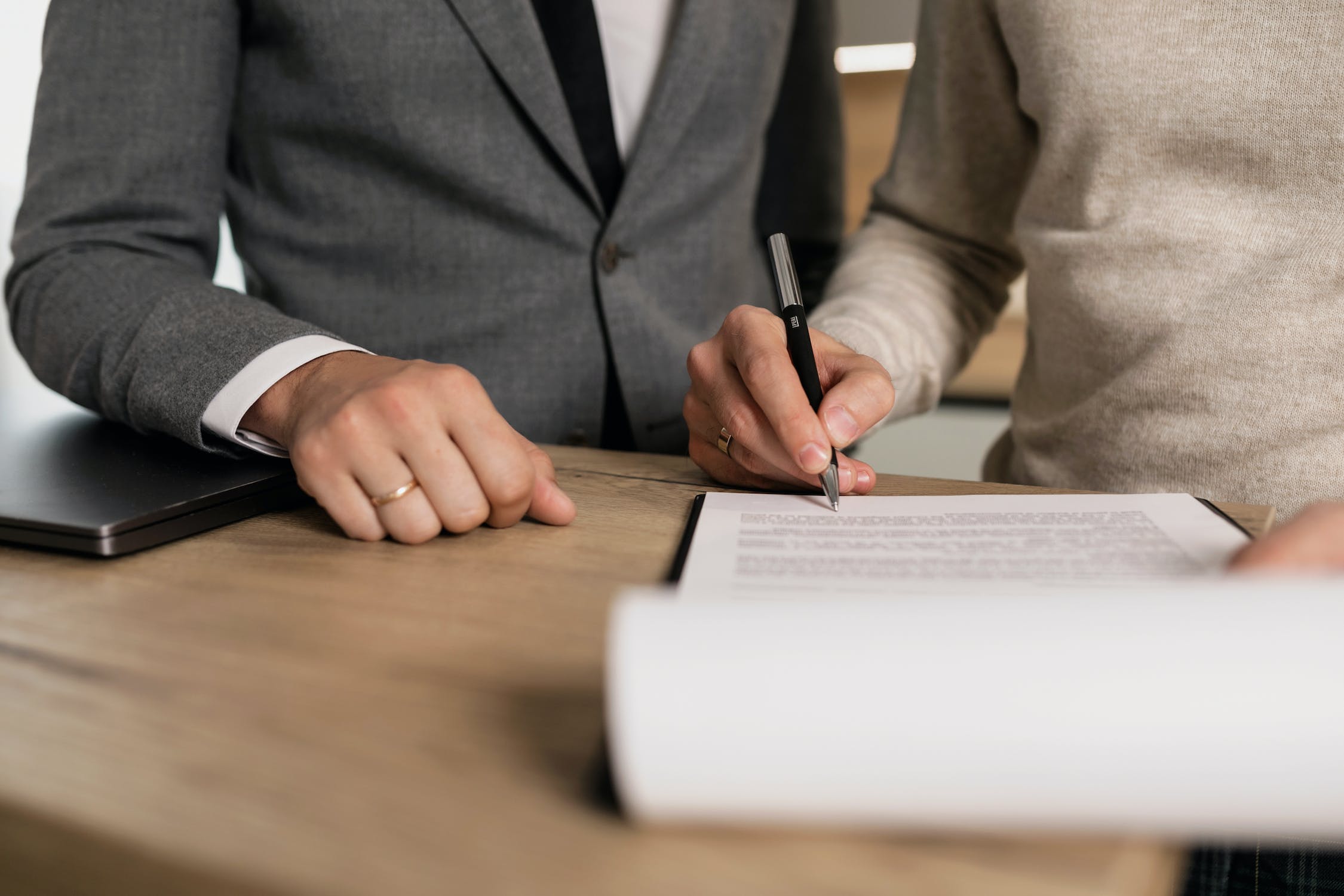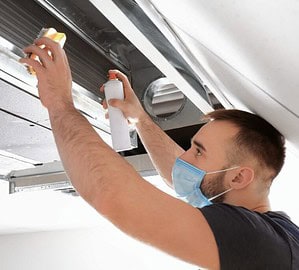Safety should always come first when making life-altering purchases like buying a house. Not only is there significant financial investment at stake; your health and welfare of yourself and your family should come first as well. For this reason, pre-purchase safety checks must be conducted prior to signing any purchasing agreement – this blog post discusses the importance of pre-purchase checks in purchasing an estate!

1. Conduct a Pre-purchase Inspection
Conducting an extensive property inspection is key to any pre-purchase safety check, and qualified inspectors should be engaged to perform electrical home safety inspections and identify structural problems, potential hazards and anything requiring repair or replacement such as roof, foundation issues, electrical and plumbing issues or pest infestation. This may include roof, foundation issues as well as mold or pest infestation issues that require further examination or removal from consideration.
Additionally to a professional home inspection, it is vital that you inquire of the seller about any previous repairs or renovations on the property, in order to be aware of any potentially obtrusive issues which might have gone undetected in previous inspections. It would also be wise to hire an expert surveyor in order to confirm boundary lines and property rights so there are no unexpected surprises down the line – taking these additional steps will ensure you know exactly what you are getting into before signing on the dotted line.
2. Explore the Neighborhood
Conducting extensive research and exploration on any prospective neighborhood can be extremely useful when making informed purchasing decisions. Investigating crime rates, civil unrest, schools, and any potential concerns will give you the best idea as to whether or not this home would meet your family’s needs – be sure to visit at different times of the day and night for the full experience of what life could be like should this house become your home!
3. Plan Your Finances Out
As it’s such an expensive purchase, it is also vital that you are financially prepared. Consult a financial advisor or mortgage broker in order to calculate how much money is available for a down payment and explore loan options available to you. It is also wise to factor in additional expenses such as closing fees, taxes, and home insurance into the deal so as to prevent any unpleasant surprises once it has closed.
4. Consult With An Attorney
Consult a real estate attorney regarding any legal aspects involved with buying a house. They will advise on the best ways to safeguard your interests and ensure the transaction complies with laws, such as helping review contracts or paperwork properly filled out; additionally they may assist if any disputes or issues arise during this process.
Pre-purchase safety checks are an integral component of purchasing a house, helping ensure everything meets code before making such a significant commitment. Be sure to inspect the property, research its surroundings, raise funds, and consult a real estate attorney prior to signing any documents; all this will ensure you’re creating a safe and secure home environment for you and your family.



